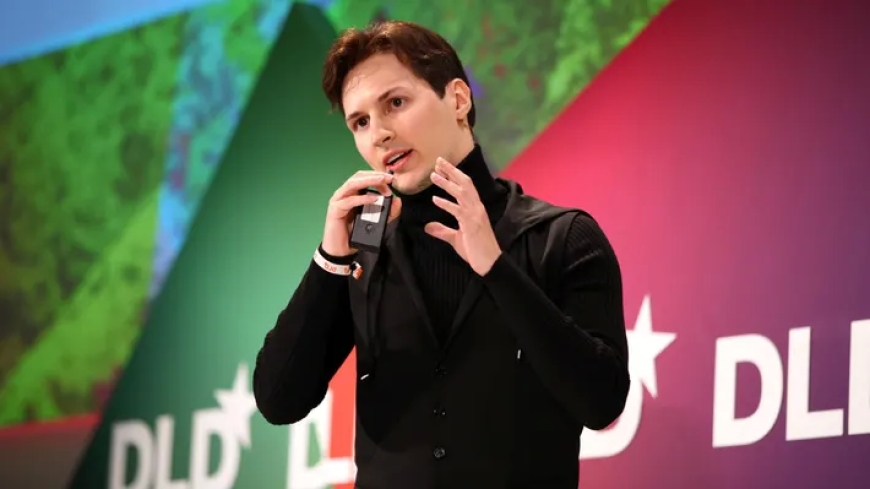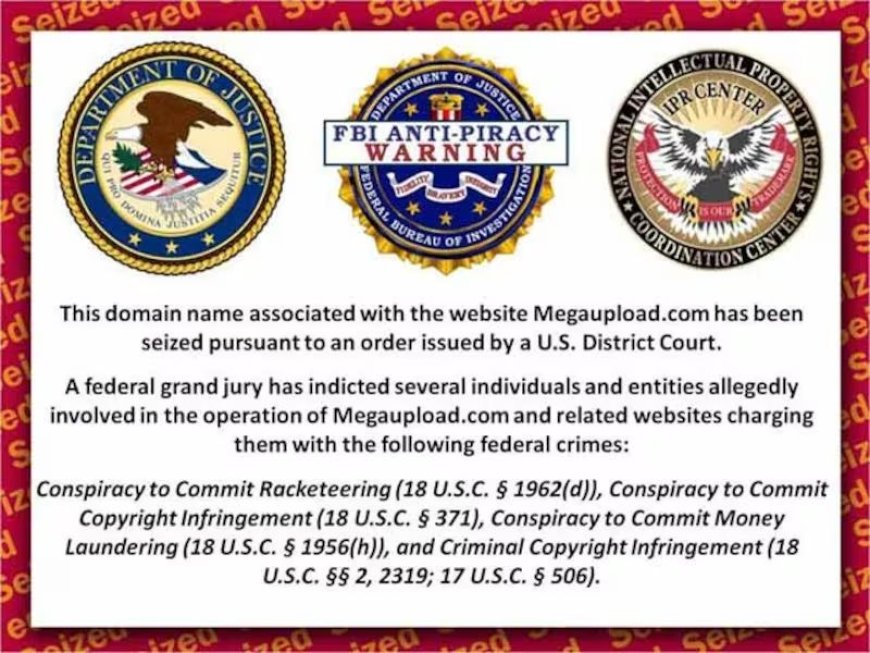Telegram Founder Arrested in France Amid Charges and Allegations Against Durov
As the legal proceedings against Pavel Durov continue, the case is likely to have significant implications for the future of Telegram and the broader conversation about the responsibilities of tech platforms in moderating content and preventing illegal activity.

Telegram founder Pavel Durov, a key figure in the global tech industry, has found himself at the center of legal turmoil after being detained in France over the weekend. Although Durov is no longer in custody, he is barred from leaving the country as he faces serious charges related to alleged illegal activities facilitated through the Telegram platform.
Charges and Allegations Against Durov
The charges against Durov, a Russian national who also holds UAE-French citizenship, include "complicity in the administration of an online platform to enable an illicit transaction" and involvement in an organized group facilitating illegal activity. These accusations have sparked widespread debate and concern in both political and technological circles.
The Paris prosecutor's office confirmed that the investigation, which began on July 8, covers 12 alleged offenses, ranging from organized fraud and enabling illegal transactions to complicity in disseminating underage pornographic material. Telegram’s lack of cooperation in providing documents requested by the judiciary is also under scrutiny.
Arrest and Reactions
Durov was apprehended at Le Bourget airport outside Paris on Saturday and was subsequently questioned by investigators. The arrest has prompted speculation about the motivations behind the charges, with various international figures weighing in on the matter.
French President Emmanuel Macron was quick to clarify that the arrest was not politically motivated, emphasizing that Durov's case will be determined independently by the judicial system. "It’s the judicial system that will independently enforce the law," Macron stated.
In defense of its founder, Telegram issued a statement affirming its compliance with EU laws, including the Digital Services Act, and highlighted its ongoing efforts to improve content moderation. The company insisted that it is "absurd to claim that a platform or its owner are responsible for the abuse of that platform" and expressed hope for a swift resolution to the situation.
International Reactions and Diplomatic Tensions
The UAE, where Telegram's operations are currently based, has voiced its support for Durov. The UAE’s Ministry of Foreign Affairs announced that it is closely monitoring the case and has requested that France provide Durov with all necessary consular services. The ministry stressed that the welfare and interests of UAE citizens are a top priority.
Russia, on the other hand, has strongly criticized the investigation. Russian Foreign Affairs Minister Sergey Lavrov remarked that relations between Paris and Moscow have reached a new low following Durov's arrest. This incident adds to the growing tensions between the two nations, further complicating diplomatic relations.

Telegram’s Global Operations and Legal Challenges
Founded by Pavel Durov and his brother Nikolai in St. Petersburg, Russia, Telegram has grown into one of the world’s most popular messaging platforms, boasting around 950 million users globally. The platform is renowned for its privacy and encryption features, which have made it a favored tool for communication but also a target of criticism from law enforcement agencies.
Telegram has faced regulatory challenges in several countries, including a temporary ban in Iraq due to national security concerns. Similar issues have arisen in Russia, where the platform was initially created before the Durov brothers left the country following disputes with local regulators.
Comparisons to Other Tech Founders
The charges against Durov are reminiscent of other high-profile cases where tech founders have faced legal consequences for their platforms' misuse. One notable example is Kim Dotcom, the founder of Megaupload.com, who was targeted by the US Justice Department in 2012 for facilitating the illegal distribution of copyrighted material. Dotcom’s case led to his website being shut down and a prolonged legal battle over extradition.
Concerns Over Free Speech
The arrest of Durov has ignited a broader debate about free speech and the responsibilities of tech companies. Tesla and SpaceX CEO Elon Musk commented that Durov’s arrest underscores the "dangerous times" for free speech. US whistleblower Edward Snowden also criticized the move, calling it an "assault on the basic human rights of speech and association."
As the legal proceedings against Pavel Durov continue, the case is likely to have significant implications for the future of Telegram and the broader conversation about the responsibilities of tech platforms in moderating content and preventing illegal activity. The tech community and international observers will be closely watching the developments, which could set a precedent for how governments approach the regulation of global communication platforms.

